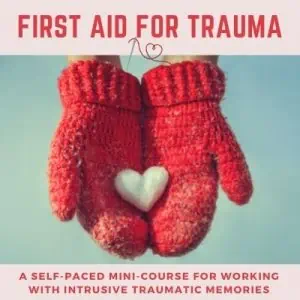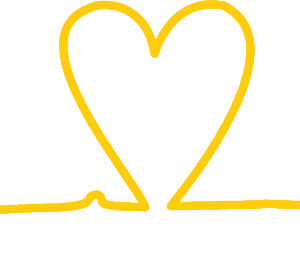Scapegoating: Decoding Blame in Families and Other Systems
$19.99
Human systems that are deficient in resonance are notoriously bad at adapting to new situations, so our knee-jerk reaction is to find the person who is at fault so that the system doesn’t have to change. Join Sarah Peyton to discover the neurobiological underpinnings of scapegoating and blame, and to explore ways of bringing empathy and resonant language into the picture.
This is primarily a learning and neuroscience content webinar, including a small number of actionable insights and healing process work. If you are seeking healing and resonance practice opportunities, please see Sarah’s upcoming courses here
“It’s his fault.” “If she weren’t so sensitive we wouldn’t be in this pickle.” “He brought it on himself.” “They shouldn’t be so …” Blame is the easiest of all reactions to any kind of difficulty. Human systems that are resonance deficient are notoriously bad at adapting to new situations. The knee-jerk reaction is to find the person who is at fault so that the system doesn’t have to change. Join Sarah to discover the neurobiological underpinnings of scapegoating and blame, and to explore ways of bringing empathy and resonant language into the picture.





